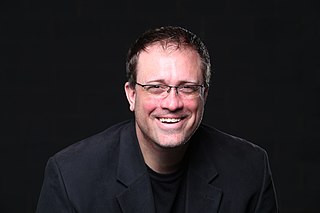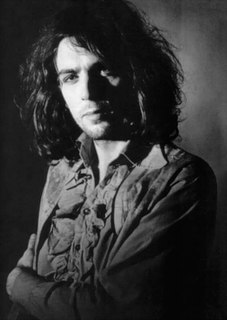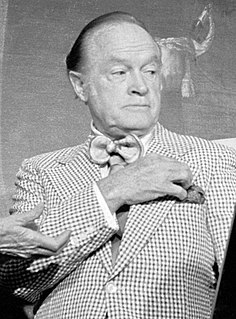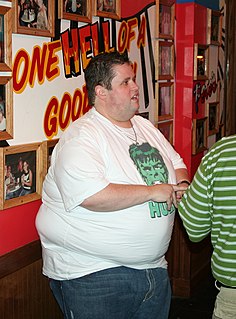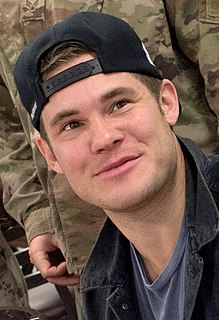A Quote by Barbara Corcoran
Most great entrepreneurs I know are nothing like the other kids. They're almost like tangent lines - those lines that seem to go nowhere. Nothing connects them, until they get out in the real world. Then they connect just fine.
Related Quotes
So you think the best way to prepare kids for the real world is to bus them to a government institution where they're forced to spend all day isolated with children of their own age and adults who are paid to be with them, placed in classes that are too big to allow more than a few minutes of personal interaction with the teacher-then spend probably an hour or more everyday waiting in lunch lines, car lines, bathroom lines, recess lines, classroom lines, and are forced to progress at the speed of the slowest child in class?
[Barack] Obama can draw lines for himself and his country, not for other countries. We have our red lines, like our sovereignty, our independence, while if you want to talk about world red lines, the United States used depleted uranium in Iraq, Israel used white phosphorus in Gaza, and nobody said anything. What about the red lines ? We don't see red lines. It's political red lines.
I want to get out of the way of the actors. I want to get out of their eye lines. I want to them to stop thinking they're making a movie. I want them to just go and live. It's like you take these great actors and put them in an aquarium of life, and just watch them swim. That's what makes editing tough because you get all these beautiful, unplanned moments.
I don't write as much now as I used to, but I write. The lines still come, maybe periodically, and I'll go through these little bursts of time where I write a lot of things then a long period of time where maybe I don't write anything. Or these lines will come into my head and I'll write 'em down in a little book, just little sets of lines, but I won't try to make stories or poems out of them. I'm doing a lot of that now, just the lines.
Those of us raised in modern cities tend to notice horizontal and vertical lines more quickly than lines at other orientations. In contrast, people raised in nomadic tribes do a better job noticing lines skewed at intermediate angles, since Mother Nature tends to work with a wider array of lines than most architects.
We like books that have a lot of dreck in them, matter which presents itself as not wholly relevant (or indeed, at all relevant) but which, carefully attended to, can supply a kind of "sense" of what is going on. This "sense" is not to be obtained by reading between the lines (for there is nothing there, in those white spaces) but by reading the lines themselves looking at them and so arriving at a feeling not of satisfaction exactly, that is too much to expect, but of having read them, of having "completed" them.
I believe in love. I believe in good stories. I play really hard on the weekends because I like to have those stories. My wife and I go off and do craziness all the time. We're just like, 'What can we go get into this weekend?' Then we have other ones where we just sit and do nothing and then we have work that we do. It's all memories.
I think the most takes I've ever done would probably be maybe 10, on like a big studio movie where you can do those. But after a while it's like, "It's not gonna get any better, this is what it is," the light's just gonna dull from your eyes. I think the more you do it, the less the actors listen to each other because then you start memorizing the other person's lines and you start getting bored.

